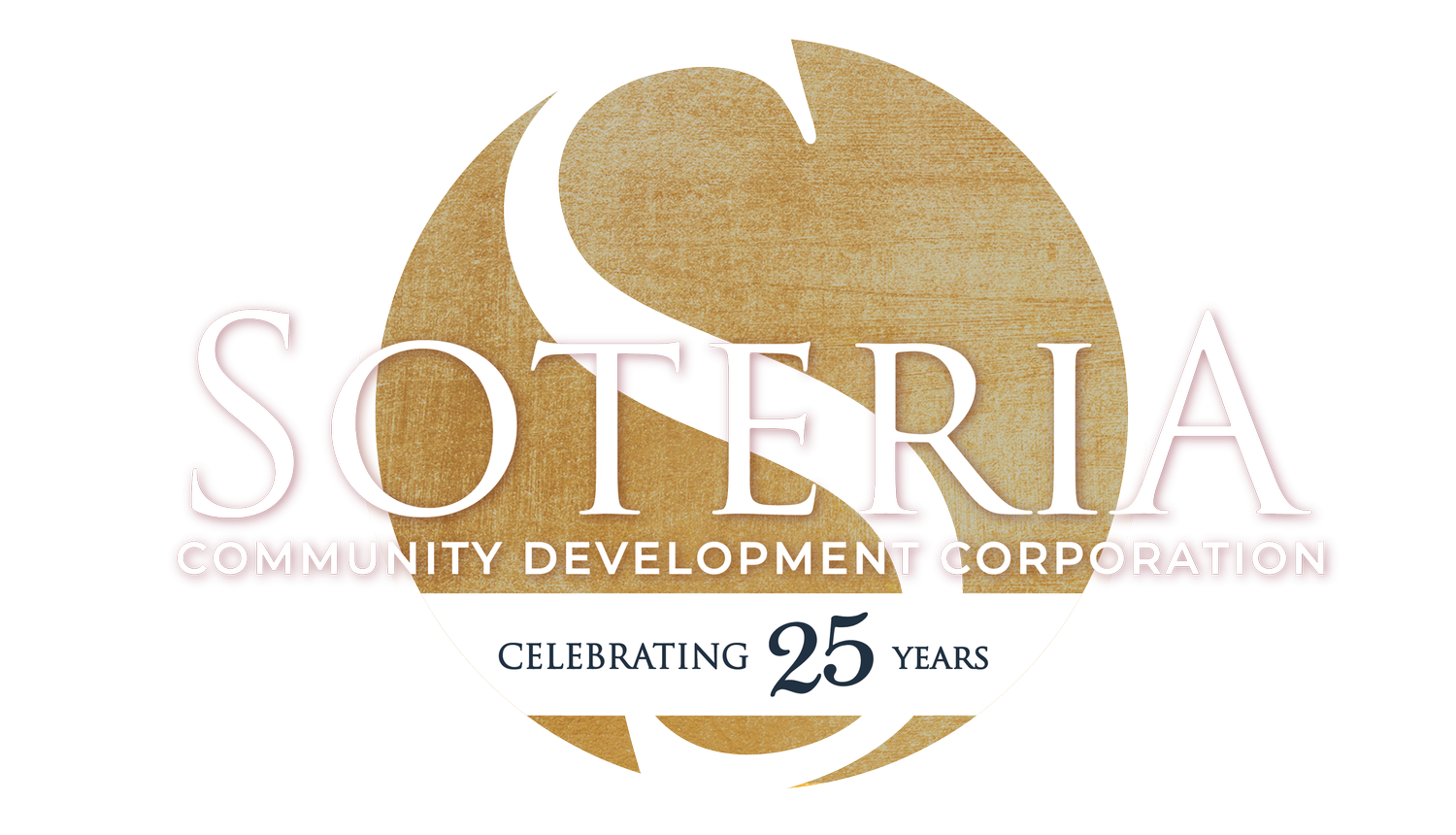Founder of Greenville prison reentry ministry reflects on 25 years and looks to future
By Spencer Donovan sdonovan@postandcourier.com
GREENVILLE — At Soteria Community Development Corp., reclaimed wood with rich grain patterns lines some of the walls of the main office and serves as doors.
When Soteria moved into its Shaw Street building about a decade ago, it was dilapidated, said Jerry Blassingame, Soteria’s founder.
The wood comes from the ministry’s wood shop, which provides job training for people leaving the prison system in South Carolina.
Soteria, a Christian-based organization, also provides transitional housing, financial literacy classes and other resources to people leaving incarceration and those in the broader community. Blassingame estimates they have served 10,000 people in various capacities over the years.
After the organization passed its 25th anniversary this year, Blassingame reflected on the early days of self-sufficiency, the successes and the setbacks, and where he sees Soteria heading.
Soteria’s early days
Blassingame was raised in Greenville and was 5 years old when his mother’s boyfriend murdered her in the room next door. He attributes some of his struggles later in life to this traumatic event.
He studied architectural engineering at Greenville Technical College but dropped out to deal drugs. In 1995, Blassingame was sent to prison, where he started planning the entity that would become Soteria. He sought to help people like him leave the prison system with support that society doesn’t provide.
At first, he dove into Soteria and held things up day by day. The organization didn’t have much funding.
“Nobody would trust a Black man with a criminal background,” Blassingame said.
They had to be self-sufficient, and Blassingame said he often used his own money to keep the lights on. He couldn’t pay staff well, so they would often quit.
The first major setback was in 2012, when Soteria had to leave the church that housed it and paid Blassingame and five other staff members. He cashed his retirement early to stay afloat.
That experience, Blassingame said, taught him to believe in his community.
“People saw my faith and came to my rescue,” he said.
Soteria’s wood shop was the site of the other major setback, Blassingame said, when it was ravaged by a fire in 2022. But he had learned from his previous experience relying on the community.
“The first thing that came out of our mouth was: ‘All things work together for the good, for those who love God, who are called according to His purpose,’” Blassingame said. “So I'm like, this is going to work for my good.”
Soteria’s future
When he started the organization in 1999, Blassingame was focused on the day to day. Now, his thinking has changed.
He never thought about participating in the Aspen Institute Healthy Communities fellowship, which he did in 2018. He didn’t think Soteria would become debt-free, which he now reports it is. He didn’t think about mental health as something that required health care, and now he does.
He wants to see Soteria expand its reach in South Carolina and beyond.
“It has helped me to come out of a life of poverty and crime,” Blassingame said. “It has helped others come out of a life of poverty and crime. And I think we can help a lot more people.”
After 25 years at the helm, Blassingame is thinking about plans beyond Soteria. He’s 57 and has three kids in college. He’s thinking more about self-care.
He said he is strongly considering a run for political office because he thinks there are laws that need changing, such as fair housing, fair employment and prison sentencing rules.
And now he feels Soteria is in the right place for a new person to lead it and keep things moving forward.
